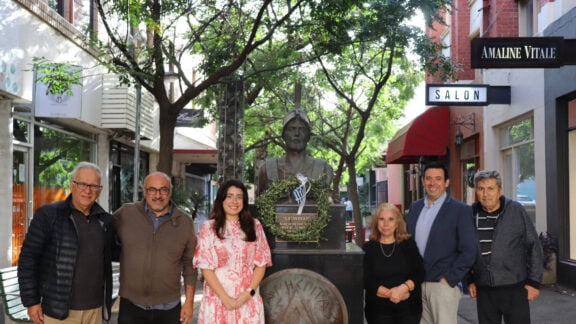Have you ever heard of ‘black gold’? Scientists are fast discovering that the colloquial name used to refer to raisins from Corinth is no accident, with the raisins considered one of the super foods produced in Greece.
Made from Black Corinth, a small, sweet, seedless grape, they are highly nutritious. They are rich in fibre, potassium, antioxidants and vitamins such as B1, B2, B6, and C.
The high potassium content helps to counter the effects of sodium, which in turn can play a role in reducing heart rate, blood pressure, as well as lowering the risk of stroke, coronary heart disease and peripheral vascular diseases.
The raisins also have a prebiotic effects, which promotes good gut bacteria.
Greece continues to be a primary producer of Corinth raisins, churning out 80 per cent of the world’s total production, with the rest coming from Australia, California (US) and South Africa.
To create one kilo of the raisins, an estimated three kilograms of grapes are required and can be dried out naturally and simply by the sun and without the use of nasty additives.
Just two tablespoons of the special raisins are equivalent to one serve of fruit. But that doesn’t mean that we shouldn’t keep our consumption in check as they are after all 70 per cent pure fructose. While a natural form of sugar, just one handful is enough to help boost energy.
But what really makes these raisins a super food?
According to scientists at Harokopio University in Athens, a study conducted in 2013 showed impressive effects on colorectal cancer. The antioxidants proved to have an anti-inflammatory effect on the cancer cells, and also had a cytoprotective effect, helping to provide protection to cells against harmful agents and suppress cell proliferation.
It is believed that the positive findings are a result of the high content of powerful antioxidants, which are highly bioavailable for the body to absorb and utilise.
It’s not the first time the antioxidant activity of Corinthian raisins has been certified by Greek scientists; the effect of the specific extract was investigated in stomach cancer cells with similar results.
While positive results have also been witnessed on those with Type 2 diabetes, who consumed the raisins to help regulate diastolic blood pressure without disrupting blood sugar levels.









